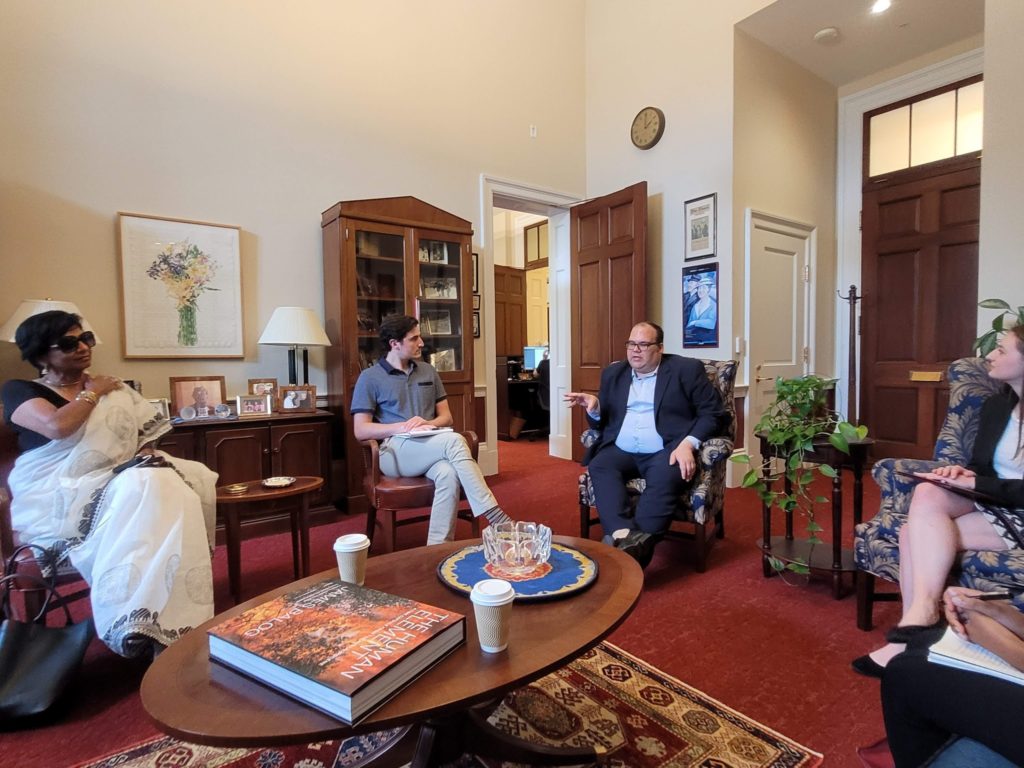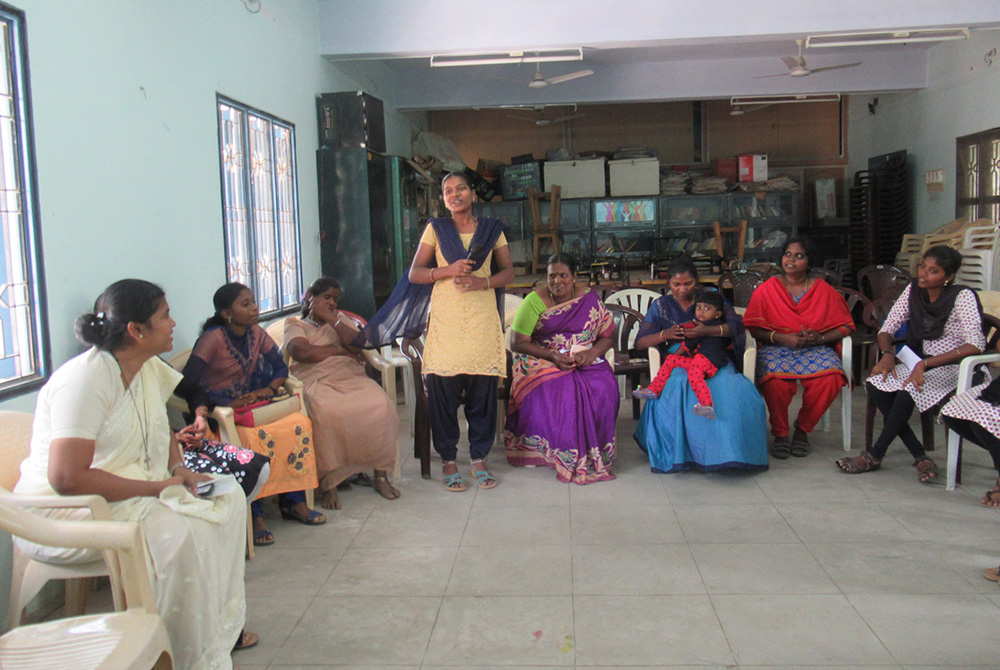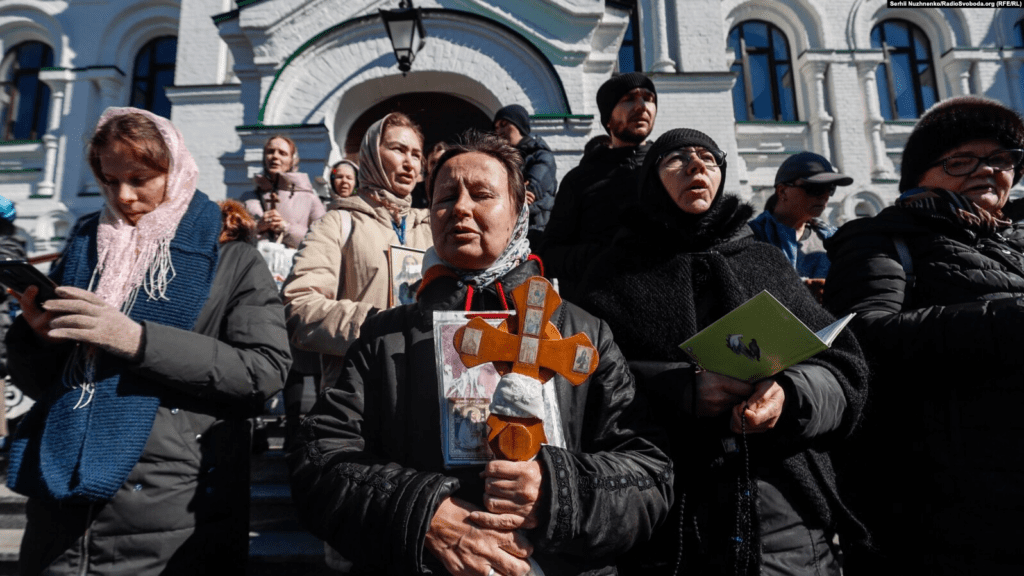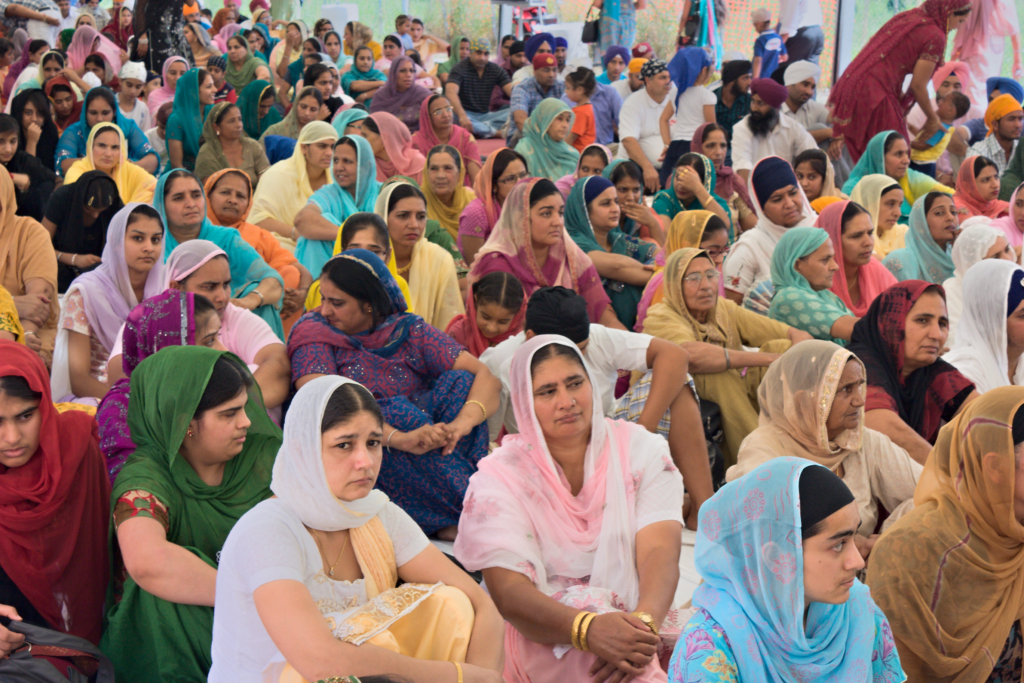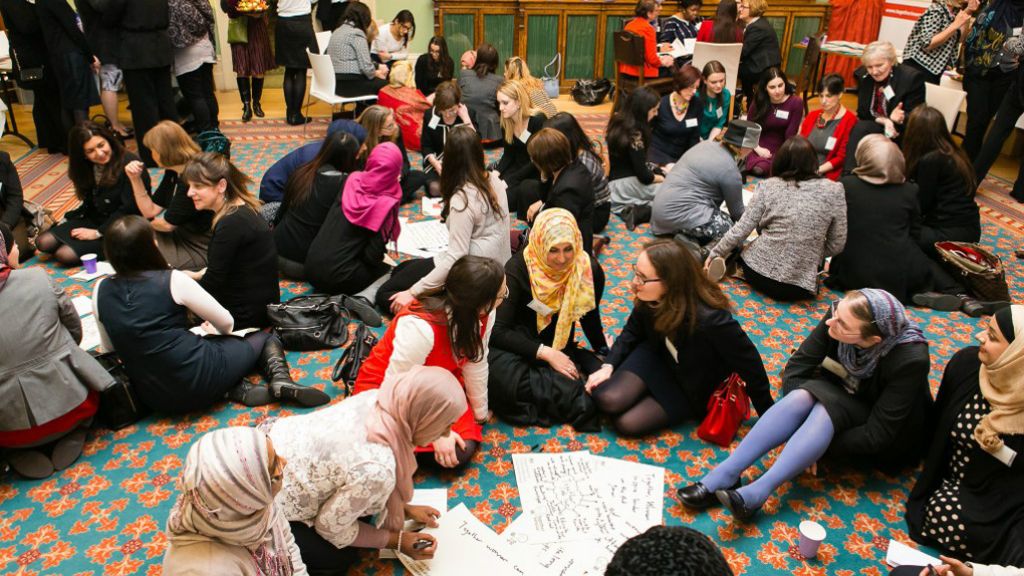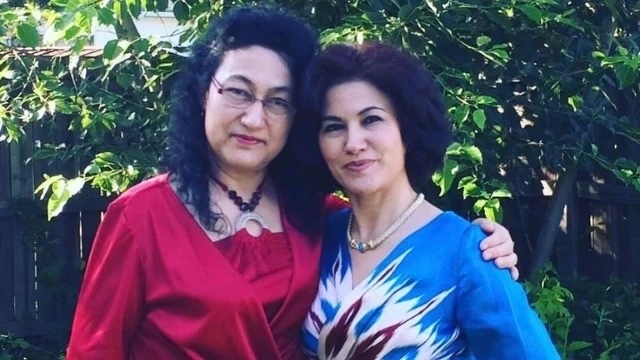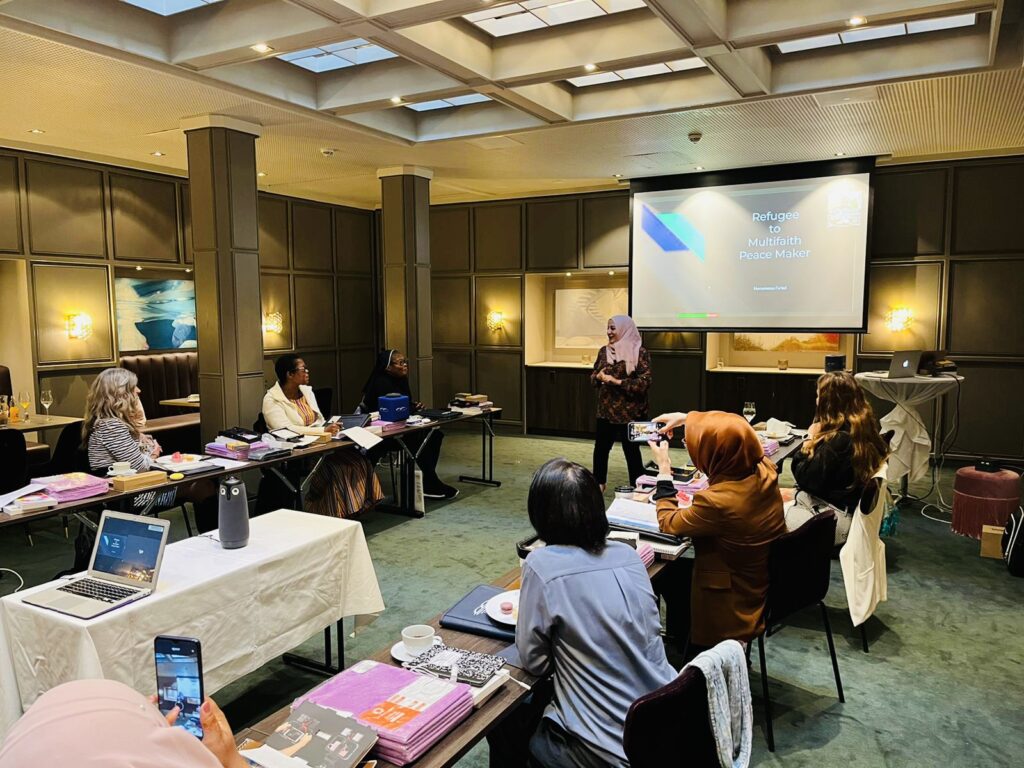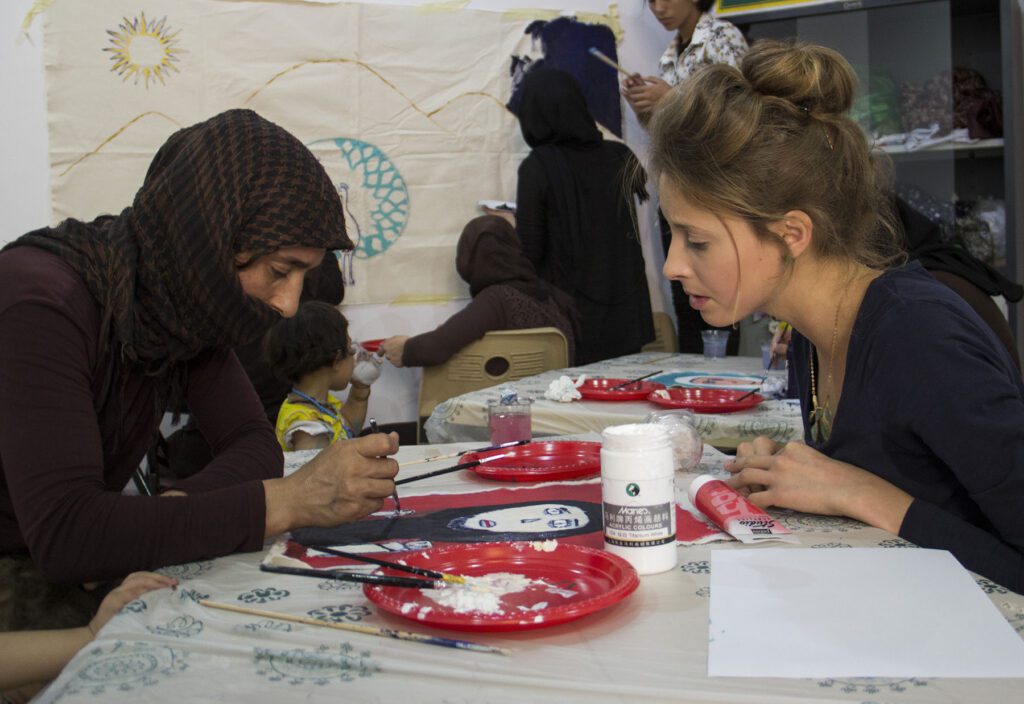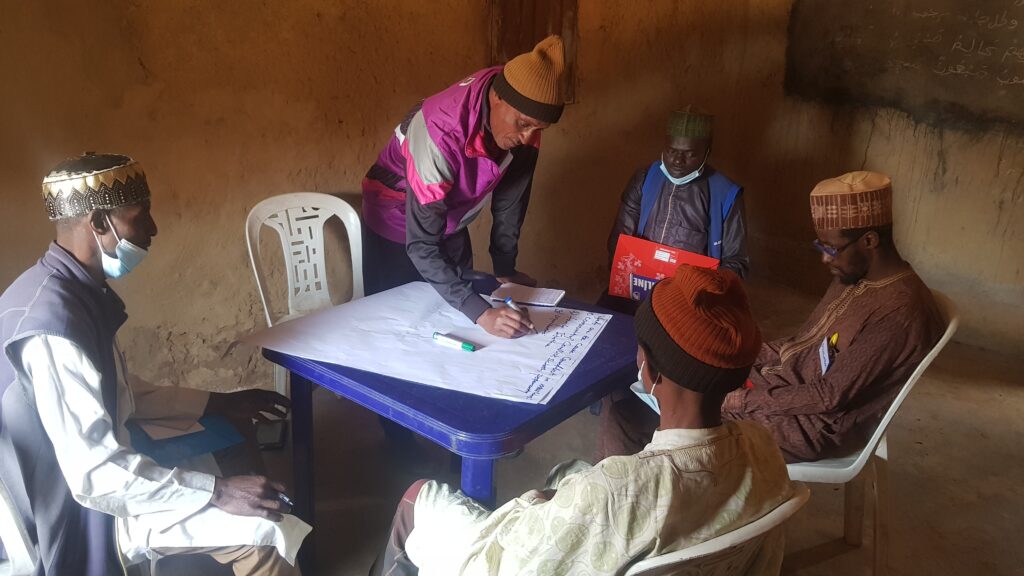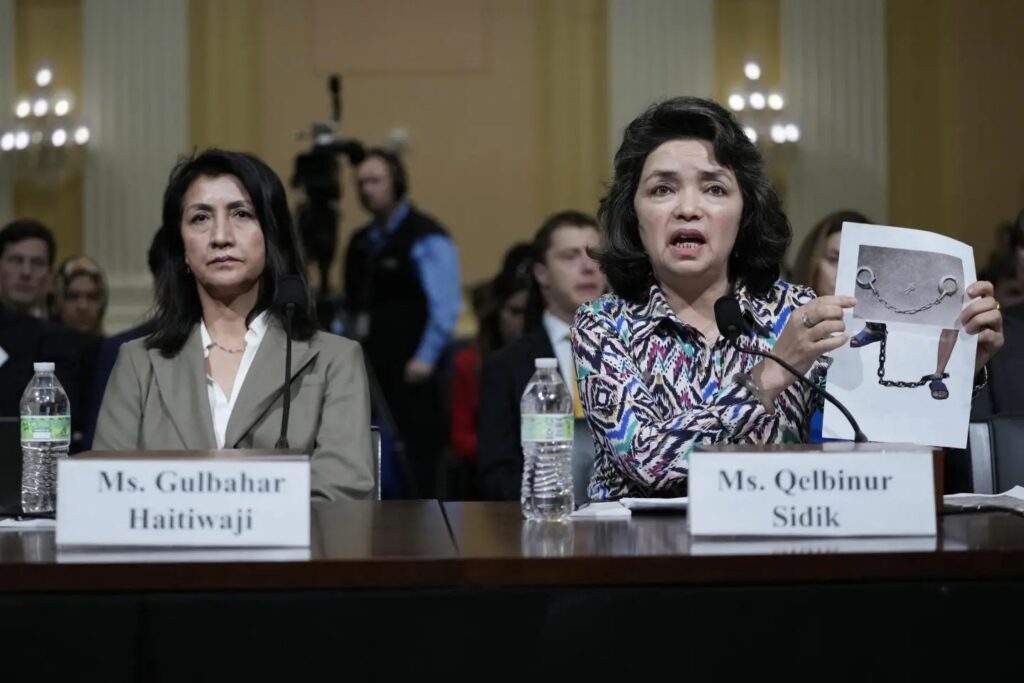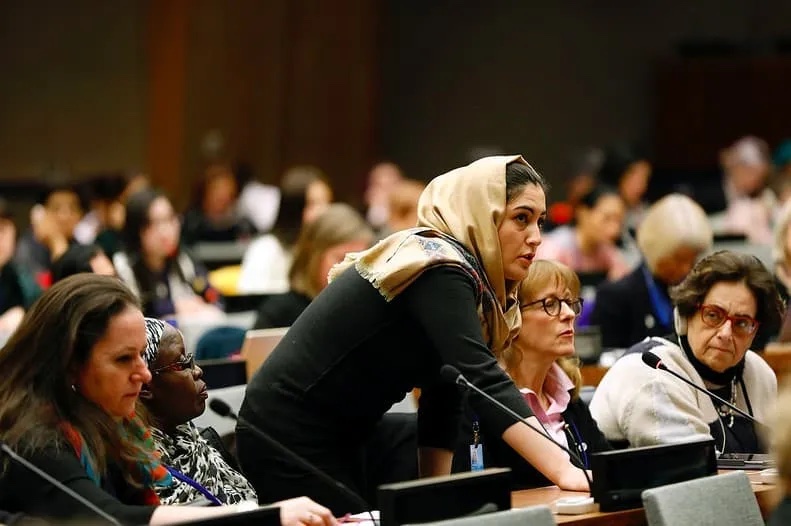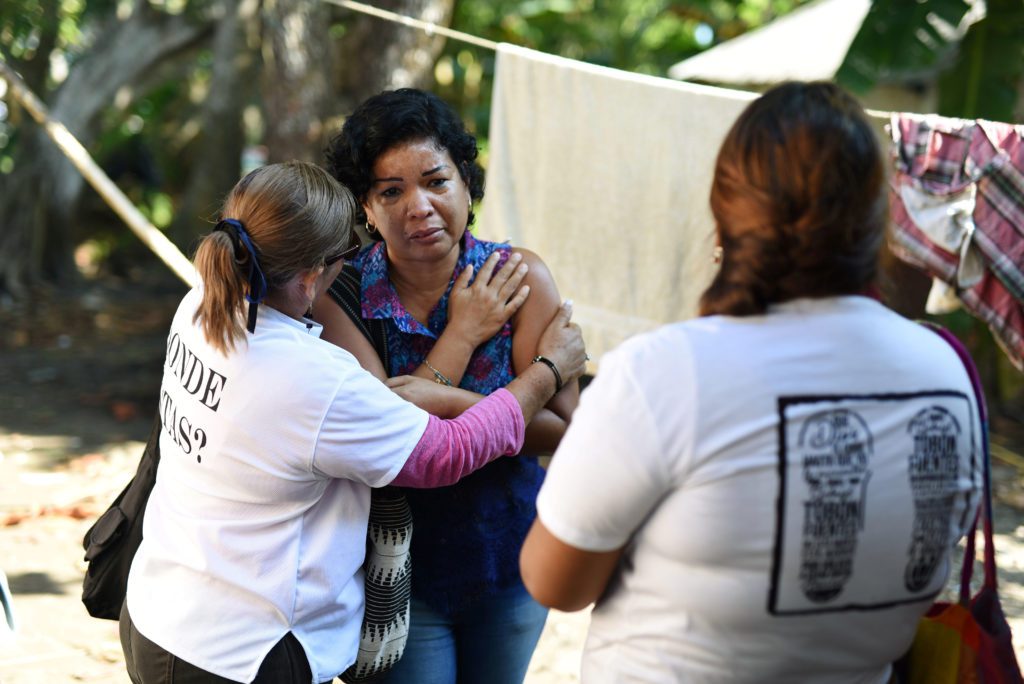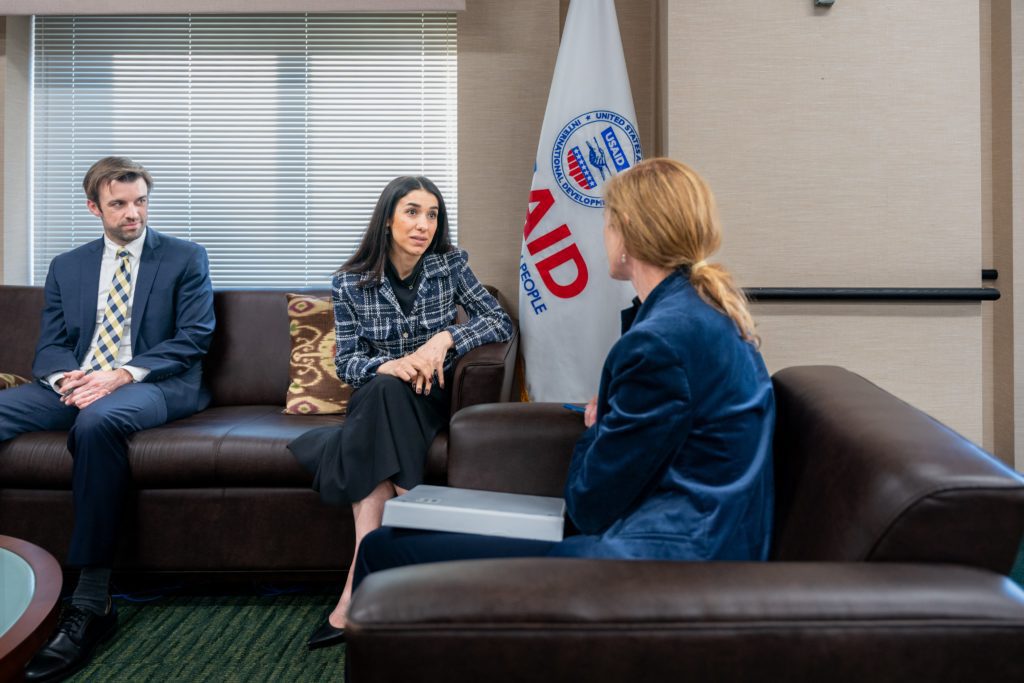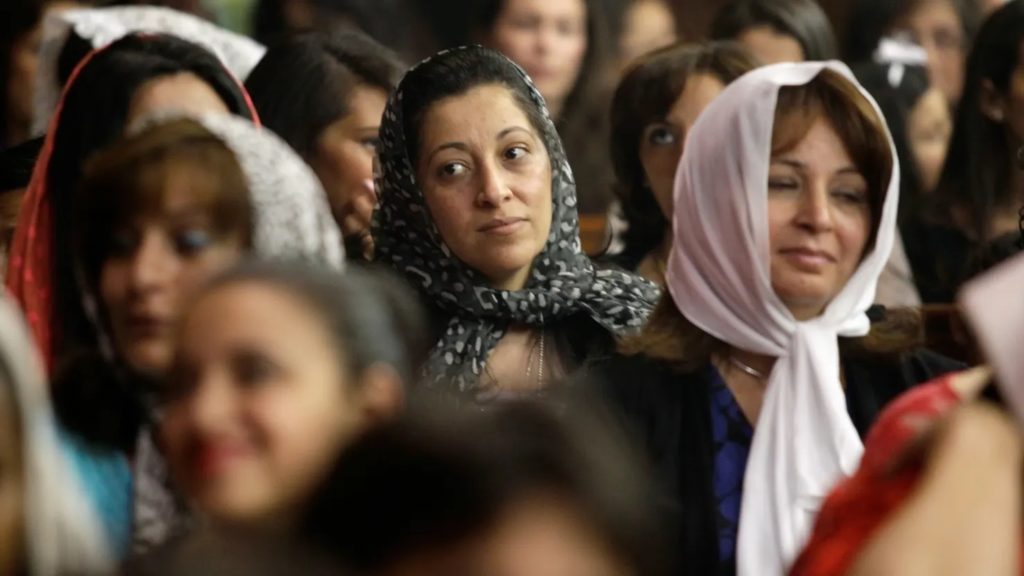As the persecution worldwide of individuals of all faiths and none continues to worsen, advocating for real change requires the joint effort of individuals from civil society and government from all political and faith perspectives. Luckily, even in the current polarizing political environment in the United States, freedom of religion or belief (FoRB) remains a bipartisan policy priority. Civil society groups advocating on behalf of women and FoRB have the knowledge and expertise that government officials, both in the U.S. and abroad, need to better address religious freedom issues and incorporate these concerns into their country’s policies.
As a U.S. government official who has worked on FoRB-related issues in several different roles, including in Congress, I can affirm that the perspective of, and information from, civil society organizations on international FoRB issues is a vital resource. Government officials working on FoRB issues typically recognize this resource and are grateful to receive information. However, for those who provide or seek to provide this information, it is vital to do so in ways that maximize the effectiveness of your advocacy efforts. Here are seven questions to ask yourself when preparing to raise FoRB issues with government officials, particularly staff of these officials.
1.Why am I meeting with this person? This question seems like common sense, but I can’t tell you how many times I’ve been in a meeting with someone about religious freedom issues and I am unclear why they requested the meeting. First and foremost, ask yourself what you want to accomplish with this meeting, why are you meeting with this person rather than someone else, and what is your goal?
2. What do they already know? Sometimes the government official already is knowledgeable about the issue you want to raise; other times it might be a topic that is new or relatively unknown to them. Do your research ahead of time. If you are meeting with a congressional staffer, check the Member’s past public statements, their Twitter and other social media posts, any hearings in which they have been involved or spoken at, legislation they have sponsored or cosponsored, floor speeches they have made, etc. All this information is public and available. A great way to start a meeting is to thank them for what they already have done and show you are knowledgeable about their work. Your research allows you to focus on new information and fill in the gaps about what they don’t know.
3. What do they care about? In other words, how can you tailor your message to the topics and issues in which they are already interested? Where is the overlap between what you are working on and what they are working on? I recently met with congressional staff from an office where the Member had never spoken out on religious freedom, but often spoke on women’s rights issues. So, in discussing China’s ongoing religious persecution and genocide against Uyghur Muslims, my colleagues and I focused specifically on how the Chinese government is targeting women with forced sterilizations and forced abortions, and by separating them from their children. The office wanted to be more involved on these issues and after meeting with us understood how these violations of women’s human rights overlapped with FoRB violations.
4. What authority do they have? Before asking a government official to do anything, it is important to understand what they can and can’t do. With that knowledge you can better judge if asking for a new piece of legislation or a hearing might be a heavy request, and if perhaps writing a letter, tweeting about a religious prisoner, or joining a piece of existing legislation might be a better request at this time. Knowing this information prior to stepping into a meeting gives you credibility with the person with whom you are meeting.
5. What actions have they already taken? In a similar vein, you can lose credibility with a government official if you are unaware of what they already are doing on a particular issue. If you ask a State Department official to raise something and are unaware that they just issued a press statement on that topic, you show that you haven’t done your homework before meeting with them.
6. Where is the opportunity? Most government officials working on FoRB want to make a difference, so how can they do that? They want to act on behalf of persecuted religious communities and are looking to you for ideas. How can you creatively partner with them? The ideas and options here are endless, but could include public statements, social media posts, floor speeches, letters to other officials, raising publicly a person imprisoned for their faith, mentioning a particular topic in their remarks at a hearing, raising issues when they travel to foreign countries or meet with foreign government officials, etc. Make clear to them that you are there as a resource to support and strengthen their work on FoRB.
7. Lastly, what information do I need to get from them? Your meeting should be a discussion, a two-way conversation during which you ask questions and get information to inform your own work. Government officials can be a great resource and provide information to you about policy ideas in the works that you may be unaware of, other people you should meet with, or other initiatives you can be involved in.
Reaching out to government officials on women and FoRB issues can be daunting. Thinking through these questions and doing your research beforehand will help you improve your advocacy and strengthen the partnership between civil society and government on behalf of persecuted people of all faiths around the world.
Jamie Staley is Supervisory Policy Advisor at the U.S. Commission on International Religious Freedom

